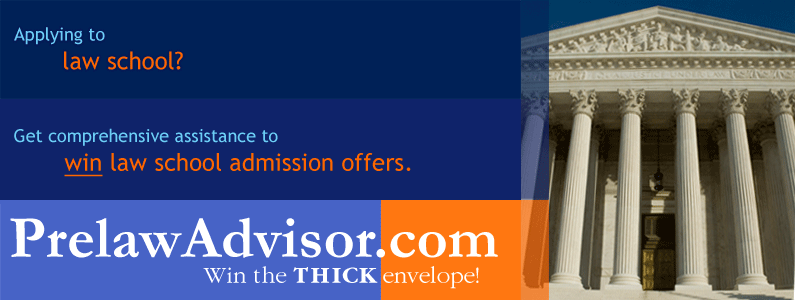Must Reading for Law School Applicants
 Friday, April 27, 2007 at 08:53AM
Friday, April 27, 2007 at 08:53AM One of my current advisees, a very bright young man now headed for an ivy league law school, brought to my attention this morning an article that all potential applicants to law school need to read. It was written by the distinguished federal judge Patrick J. Schiltz (U.S. District Court, District of Minnesota), a former professor at Notre Dame Law School and partner at the law firm of Fagre & Benson. Entitled On Being a Happy, Healthy, and Ethical Member of an Unhappy, Unhealthy, and Unethical Profession, it was published in 1999 by the Vanderbilt Law Review. With an extraordinary career from which to offer his perspective, Judge Schiltz revealed the minefields that can await one seeking a career in the law. His article is definitely worth the time of anyone contemplating law school. I strongly recommend it to you.
Let me also recommend one another frank, powerful, insightful article. Entitled The Rise and Fall of American Legal Education, written by New York Law School Dean and President Richard A. Matasar, it offers an assessment of the risks one takes in selecting a high-priced law school that is too low in the law school "food chain" to attract the interest of legal employers. Dean Matasar's article is most certainly worth your time, as you consider potential law schools. The law schools will judge you harshly, as they consider you for their student body. You have every right, conversely, to consider their market effectiveness. Most law school students borrow money to invest it with an institution they are trusting to educate them effectively, one which they hope will project them successfully into the marketplace of law-related jobs. Invest your time, money, talent and reputation carefully, in the law school you ultimately choose for your JD program.
For more information about how I assist law school applicants, please see my website www.PrelawAdvisor.com or send an e-mail to me at BradDobeck@aol.com.

